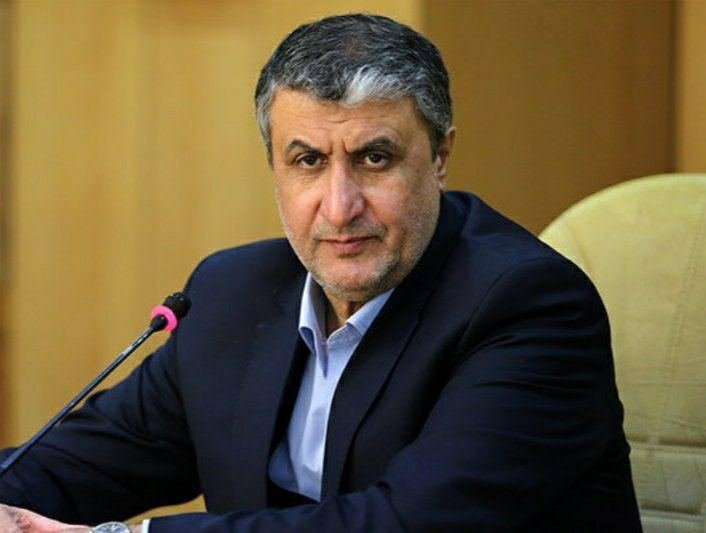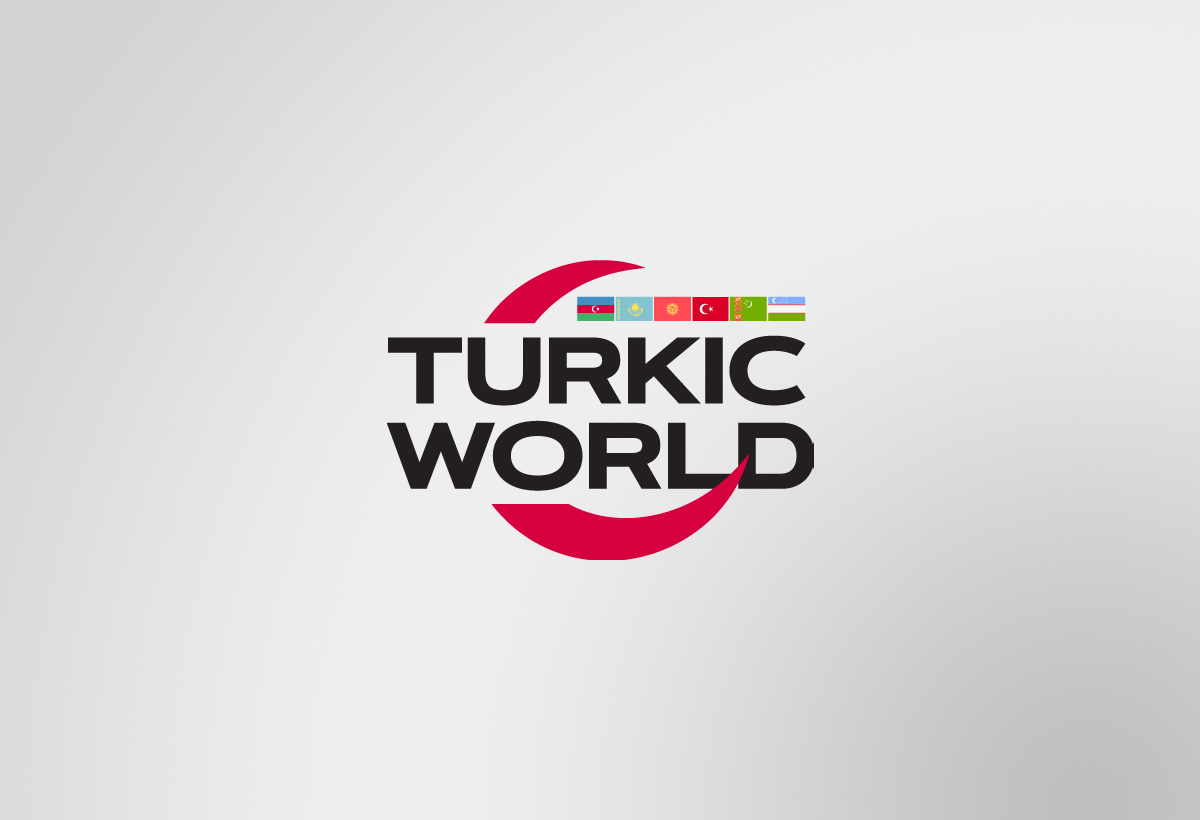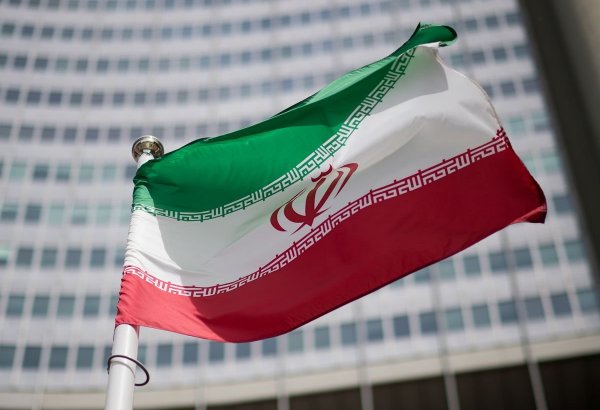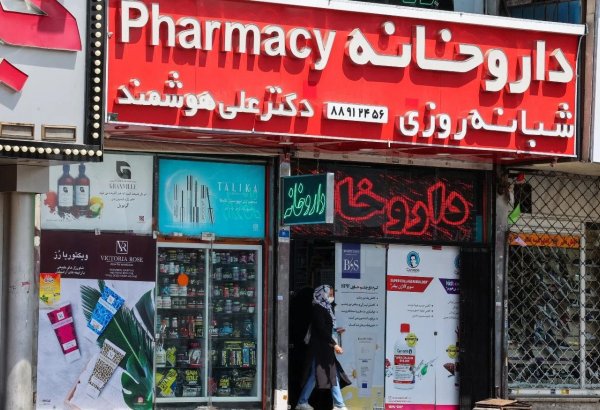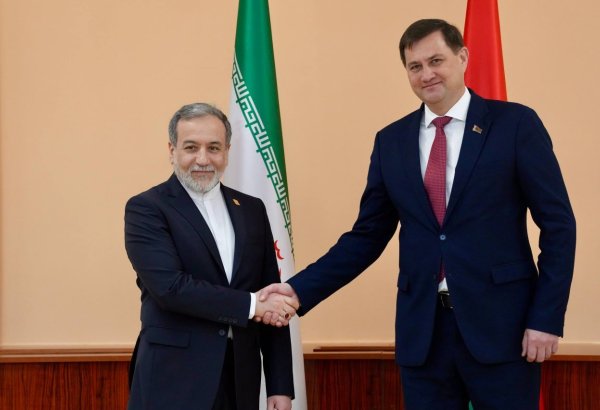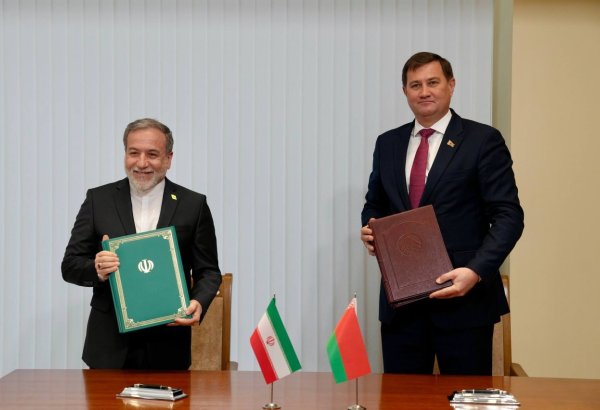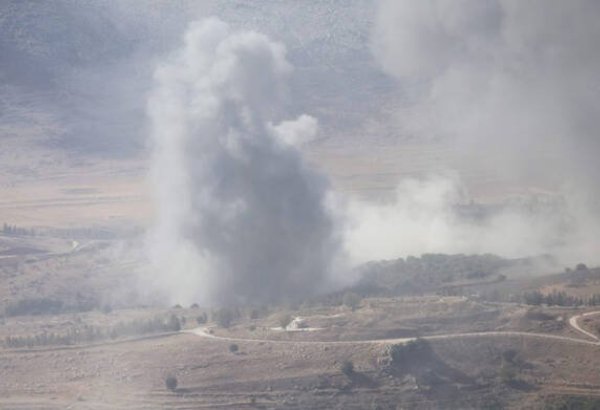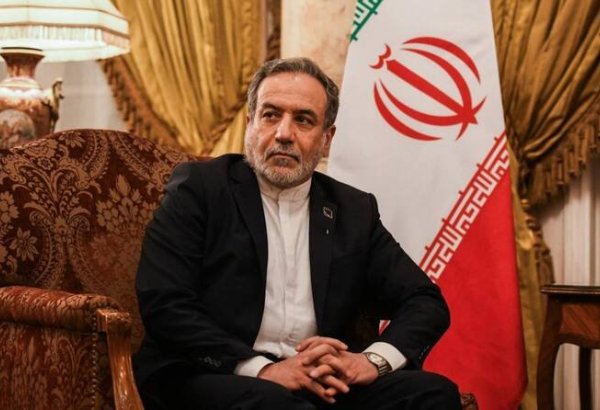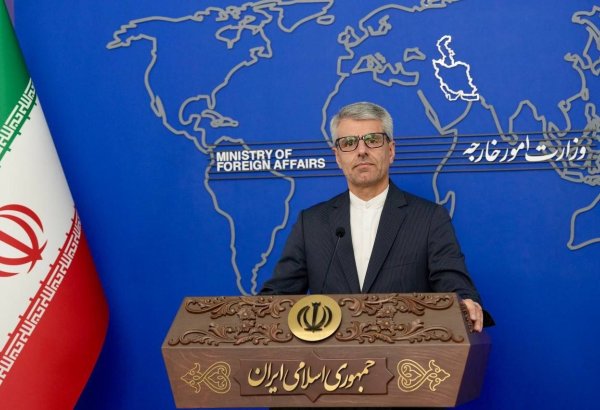BAKU, Azerbaijan, September 16. The Joint Comprehensive Plan of Action (JCPOA) on Iran's nuclear program cannot be implemented solely under the responsibility of one participant, Iran's Vice President Mohammad Eslami said at the 68th conference of the International Atomic Energy Agency (IAEA) held in Vienna on 16 September, TurkicWorld eports.
According to him, Iran's sanctions could be lifted in exchange for Iran's voluntary actions under the Comprehensive Joint Action Plan.
At present, Iran is compelled to execute the provisions of the Comprehensive Joint Action Plan without considering the obligations associated with the elimination of sanctions.
Eslami stated that the IAEA's monitoring of Iran's non-uranium production and nuclear activities is only envisioned under the Comprehensive Joint Action Plan.
"As a result of the US withdrawal from the Comprehensive Joint Action Plan and the failure of three European countries to fulfill their commitments, Iran has suspended steps beyond the safeguards agreement following provisions 26 and 36 of the plan and the Iranian parliament's strategic plan of steps," he noted.
Eslami emphasized that Iran continues its transparent and extensive cooperation with the International Atomic Energy Agency. The number of the agency's inspectors in Iran cannot be equaled by any other country. While the number of nuclear facilities in Iran is only three percent of all nuclear facilities in the world, one-fifth of the agency's inspections in 2023 were conducted in Iran.
Meanwhile, in January 2016, Iran and the P5+1 group (the US, Russia, China, the UK, France, and Germany) implemented the Comprehensive Joint Plan of Action concerning Iran’s nuclear program.
To recall, back in May 2018, the US pulled the plug on the deal and brought the hammer down with renewed sanctions on Iran.
By the end of 2020, the Iranian parliament decided to pursue a strategic plan in the nuclear sector to counter the sanctions, leading to a suspension of additional steps and the Additional Protocol as per the nuclear agreement.
Consequently, the International Atomic Energy Agency (IAEA) faced a reduction in monitoring capabilities by 20–30 percent.








